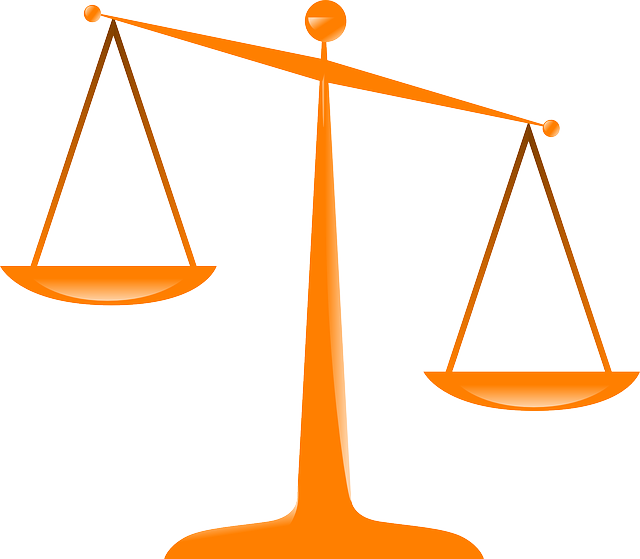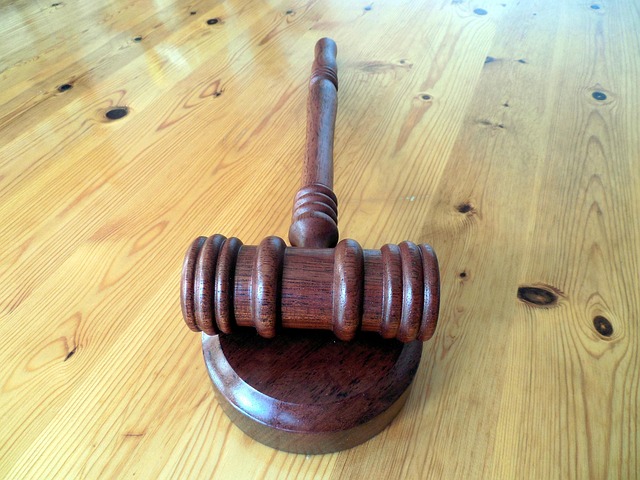Court-ordered judgments are crucial in real estate for ensuring fair practices between landlords and tenants. These judgments address disputes like rent non-payment, lease violations, and property conflicts, providing transparent and just resolutions. By setting clear guidelines on rental prices, maintenance, and eviction procedures, these legal decisions protect landlord rights while offering tenants a fair defense, fostering stability and harmonious relationships in real estate transactions.
In the dynamic realm of real estate, court-ordered judgments play a pivotal role in protecting landlord rights. Understanding these judgments is essential for navigating disputes and ensuring fair practices. This article delves into the intricacies of court-ordered judgments in real estate, highlighting how they safeguard landlords’ interests. We explore common scenarios leading to such judgments, providing valuable insights for both legal professionals and property owners.
Understanding Court-Ordered Judgments in Real Estate

Court-ordered judgments play a significant role in real estate, acting as pivotal legal tools to protect the rights of all parties involved. These judgments are the outcome of legal proceedings where a court makes a binding decision on disputes related to properties. In the context of landlord-tenant relationships, they can ensure fair practices and resolve issues such as non-payment of rent or lease violations.
When a landlord faces challenges with tenants, like eviction or breach of contract, they may seek recourse through the legal system. A court-ordered judgment ensures that the process is transparent and just. It provides clear guidelines and protections for landlords, enabling them to maintain their property rights while also offering tenants a fair chance to defend themselves. This mechanism fosters stability in real estate transactions, promoting a harmonious relationship between landlords and tenants.
How These Judgments Protect Landlord Rights

Court-ordered judgments play a pivotal role in safeguarding landlord rights within the real estate sector. These legal decisions act as a shield, ensuring that landlords’ interests are protected against potential disputes or unfair practices. By establishing clear guidelines and enforceable orders, courts help maintain a balanced relationship between landlords and tenants.
In many cases, such judgments mandate specific actions or restrictions to prevent harm or discrimination. For instance, they can dictate fair rental prices, set rules for maintenance and repairs, or outline procedures for eviction, all of which are essential aspects of real estate management. This legal framework empowers landlords to operate with confidence, knowing their rights are recognized and upheld by the court system.
Common Scenarios Leading to Court-Ordered Judgments

In the realm of real estate, various scenarios can lead to court-ordered judgments, ultimately protecting landlord rights. One common situation arises from tenant non-compliance with lease agreements. When a tenant fails to pay rent on time or breaches other contractual terms, landlords may initiate legal action. Similarly, disputes over property damage, eviction processes, or unfair treatment claims by tenants can result in court involvement.
Another frequent scenario involves disagreements over the termination of leases. Landlords might face challenges when tenants refuse to vacate premises after lease expiration or due to breach of contract. In such cases, a judge may intervene and render a judgment to ensure a fair resolution, protecting both the landlord’s right to property and the tenant’s legal entitlements.






